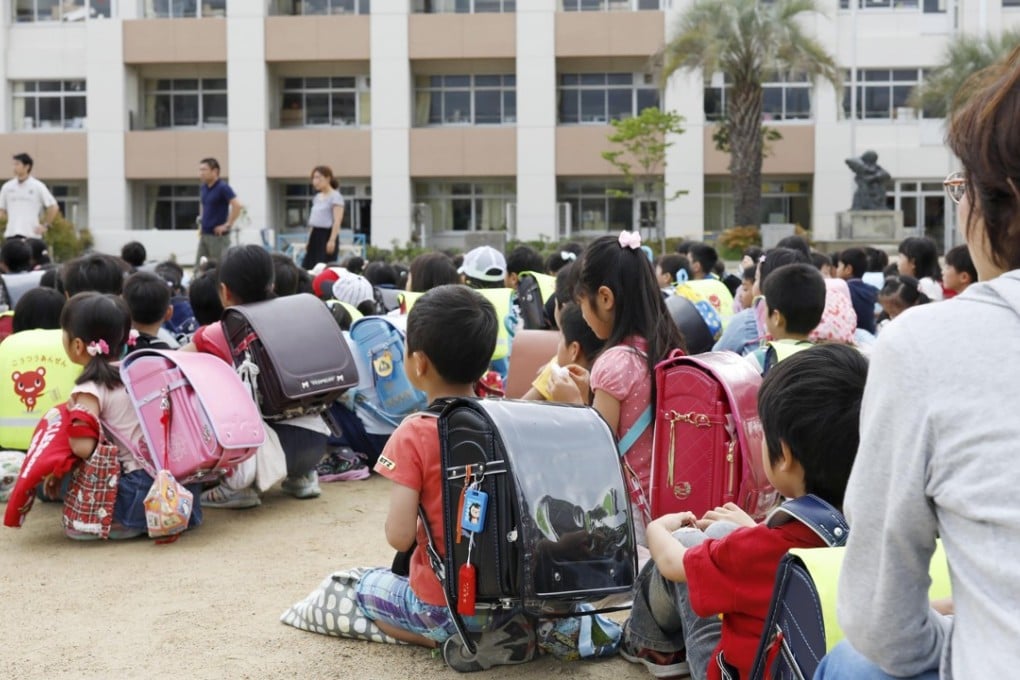Is Japan a haven for parents who kidnap their own children?
Foreign parents who had children stolen by a spouse say nothing has changed because court orders to reunite families are not enforced

Walter Benda has only seen his two daughters once in the past 23 years. His wife disappeared from their home in Chiba, east of Tokyo, in July 1995 after he had gone to work one morning, utterly unprepared for the disappearance of his family.
After learning that his wife had disappeared with their children, he received no help from Japanese authorities to find his daughters, despite the US government issuing an international arrest warrant against his wife for kidnapping.
The one time he saw his daughters since was a fleeting glance after a private detective had tracked them down.
As Kim talks peace, silent rage of Japanese abductees’ families
There was a glimmer of hope in April 2014 after Tokyo agreed to sign the Hague Convention on the Civil Aspects of International Child Abductions – after years of pressure from foreign governments trying to solve hundreds of similar abductions by Japanese nationals – but now Benda says he is no closer to finding his children.
Foreign parents who had children stolen by a spouse say nothing has changed because court orders to reunite abducted children are not enforced in Japan. Even though the law is on their side, the parents emphasise, they are still unable to be reunited with their children.
“Since the Hague treaty was introduced, we have not seen a very significant improvement in children who have been abducted by a Japanese parent being reunited with their other parent,” Benda told This Week in Asia. “The only positive improvement that I have noted is that there seems to be a decline in the overall number of international abductions to Japan, so implementation of the convention does seem to have had something of a deterrent effect on the frequency of international child abductions to Japan.”
One of 60 million: life as a ‘left-behind’ child in China
In 2017, there were nine abductions involving 13 children from the United States, of which five cases were resolved. But a quick look at the website of the US-based Children’s Rights Council – of which Benda is a founding member – shows more than a dozen outstanding cases, some of which go back more than a decade.
Benda’s assessment is echoed by the US state department’s annual report on international child abduction. Released in May, it identifies the main problem in Japan being “cases where taking parents refused to comply with court return orders, there were no effective means to enforce the order, resulting in a pattern of non-compliance.”
